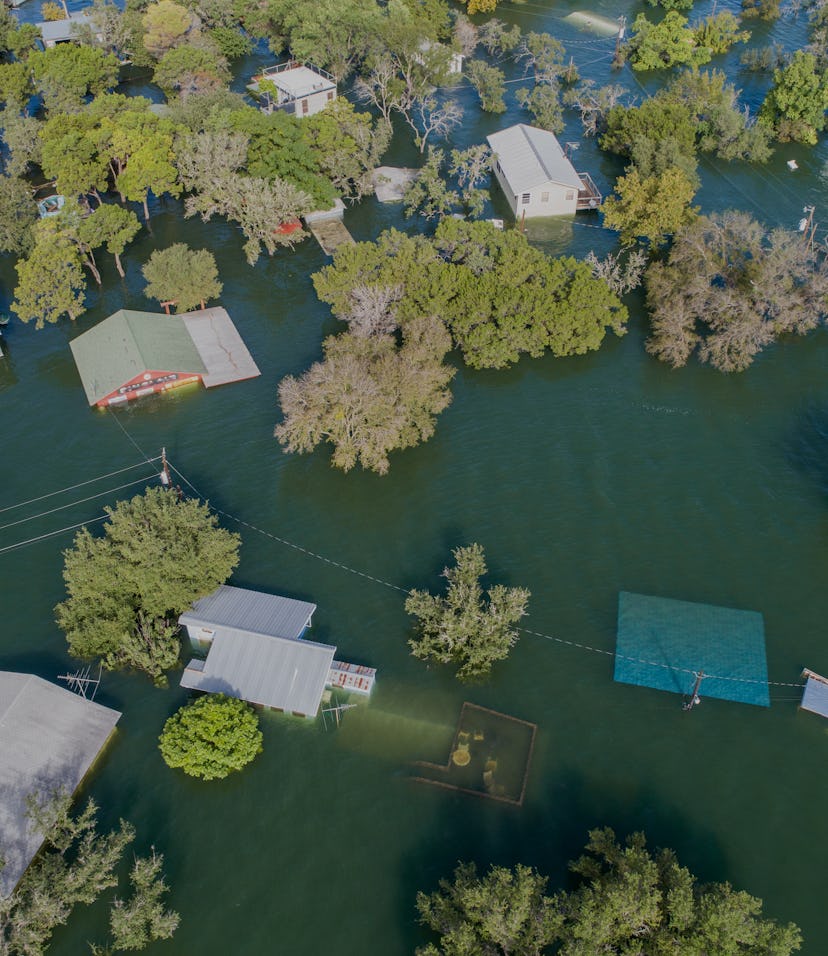Tech
The Yayzy app calculates your spending’s toll on climate change
“It is clear from a plethora of surveys that the majority of people want to address climate change before it is too late, but that a huge intention/action gap blocks much of it. Our solution with Yayzy is to make environmental impact ‘up close and personal’ and the action to tackle it super easy, all via your phone.”
Mankaran Ahluwalia, co-founder and CEO of Yayzy

Climate change won’t be solved by any one person, but each of us has a part to play in saving the world from becoming inhospitable. We won’t be able to sustain our living conditions unless we all take responsibility for our own actions that contribute to building carbon levels in the atmosphere.
But navigating the many methods of doing so is complex and, at times, overwhelming — which is why apps like Yayzy are so important to our collective future. Yayzy, which launched this week on iOS, makes it truly easy to understand how your individual habits contribute to climate change.
Using Yayzy is super simple: just link the app to your bank account(s) and watch your carbon output sum up automatically.
Details, details, details — Yayzy isn’t the only carbon footprint app on the market. But it’s unique enough to have secured £900,000 (about $1.2 million) in early investment.
The app’s novel feature relies on customizable notifications for consumers. Rather than being presented with just a summation of how your purchases affect your carbon footprint, Yayzy allows users to observe how each individual purchase changes their carbon score. If this detail is a bit much, you can instead set up a monthly digest.
The app also gives users the option of offsetting their carbon footprint through Ecosphere Plus or finding nearby eco-friendly retailers. Both options are available without ever leaving the Yayzy app.
Will apps save us? — Yayzy joins a number of other companies with similar carbon footprint-driven business models. It’s still a relatively new market, but one that competitors like Aerial have already seen much success in. The average person is more concerned about climate change than ever before, which has led to a boom in “green” markets like that of alternative meat products.
While cutting down on meat consumption and watching your carbon footprint are helpful, they do come with the risk of overselling our individual impact. The biggest contributors to climate change are all massive corporations — which means an important part of our individual responsibility is putting pressure on those companies to do their (much larger) part.
Some companies like Amazon and Microsoft have made commitments to operate with net-zero carbon footprints in the next two decades — others like Google have already done much more than that. Meanwhile, companies like Exxon — which has one of the most massive carbon footprints — are abandoning projects that fight climate change.